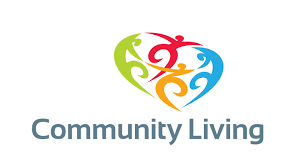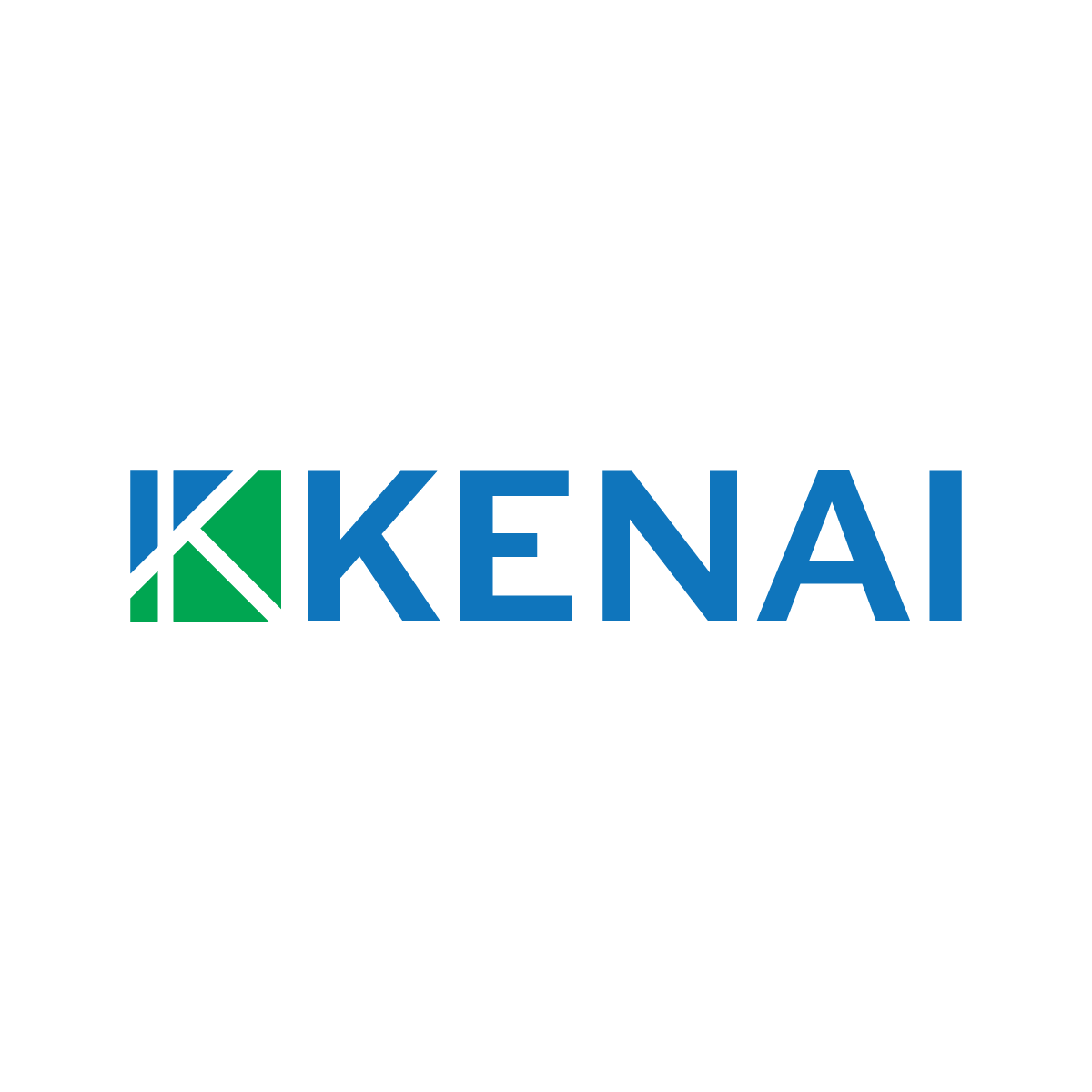What our customers say about us
"One of Ant's strengths is relating to owners in a visionary sense and talking to people who are on the ground...[Ant has a] wide understanding of different systems, processes and applications and can articulate where we're going and what the possibilities are...working with Ant has changed the way we make decisions about IT structures and support systems."
We hired Ant to support us with an important project after he was highly recommended by colleagues. Ant was responsive, speedy, super-helpful and helped us to make key decisions. We appreciated his broad experience, and his ability to hold a high level strategic view alongside expert advice on details. We will definitely be consulting with Ant again and are happy to recommend him.
"We don’t need a full-time CTO [chief technology officer]. Ant knows enough about our business he can deliver it virtually. He can translate things for us. During project management, Ant came into his own... Ant gets his head round your business and [took his time] understanding our context. He was really clear about pausing on investment into the app...Ant's inquisitive, curious and approachable - he's very easy to work with."
"Ant was really quick to understand the business model and our processes and IT structures."
"Ant helped us at the early stages of Aerotruth helping us to plan our technical infrastructure and ensure we built a product that would scale. Ant was great to work with and we really valued his support and contribution to Aerotruth"
"No question has ever been too silly. Ant's been accommodating and helped me understand. I've valued that he understands the charitable sector really well. He can look through the experience that he has with larger organisations and what's the reality for a small and mighty charity where you don't have teams of people that can come in and project manage an IT project"
"Having Anthony was really valuable – to lean in on his skillset – and his connections. He was able to provide impartial advice about the different strengths [of the providers]. It was important that we undertook a good due diligence process. Having Anthony there meant we had impartial selection as well, which is very important to us and [something] other not-for-profits [could benefit from]."
Unlike outsourced IT providers who often operate without deep business knowledge, Target State acted as our strategic partner to ensure technology was purposefully aligned with our business goals, driving real value and growth.
Ant has a clear, no-nonsense approach to technology. He focuses on outcomes, not hype, and always keeps the business context front and centre. In a world full of AI buzzwords and distractions, he’s someone who brings clarity and direction.
Although we’ve only just started working with Ant, it’s already clear he brings a thoughtful and structured approach. He quickly grasped the context and asked the right questions to get us moving in the right direction. I’m looking forward to seeing where we can take things from here, especially to ensure we cut out waste and hold vendors to account.
Who We've Worked With
































